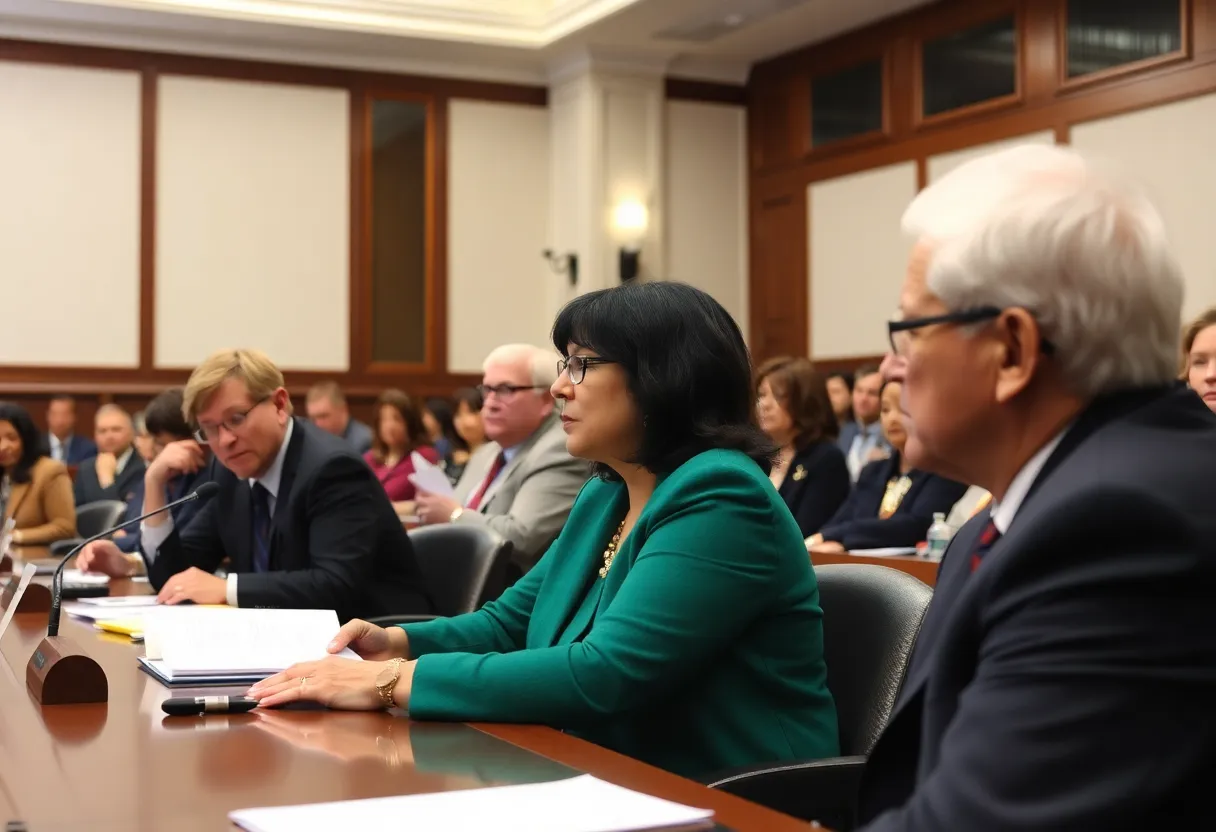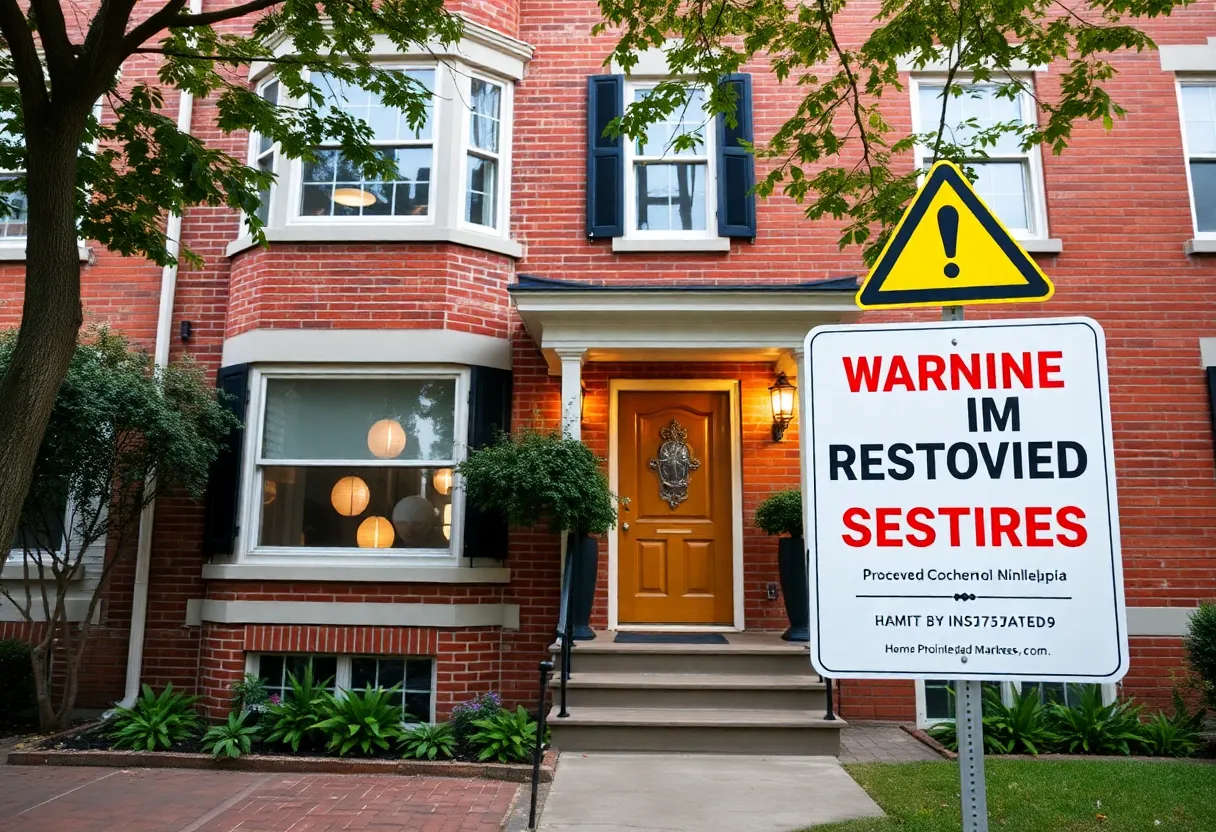News Summary
Pennsylvania Democrats have introduced House Bill 1549, which aims to raise the state’s minimum wage for the first time since 2009. The proposed legislation would incrementally increase wages based on county populations, with larger counties set to reach $15 per hour by 2028. The bill also includes annual cost-of-living adjustments and adjustments for tipped workers. While the measure has garnered support from Democrats and advocacy groups, critics express concerns over its impact on businesses. The bill is currently awaiting a final vote in the House.
Pennsylvania Democrats have introduced a significant legislative proposal to raise the state’s minimum wage for the first time since 2009. House Bill 1549, sponsored by Representative Jason Dawkins from Philadelphia, seeks to implement an incremental wage increase based on the population of counties across the state.
Under this bill, employers in counties with populations exceeding 210,000 are required to increase the minimum wage to $12 per hour starting January 2026. This rate would then rise to $14 in 2027 and $15 in 2028. For smaller counties, the minimum wage would begin at $10 per hour next year and would increase to $12 by 2028. Notably, employers located in Philadelphia would see the most significant increase, with a mandated minimum wage of $15 per hour in 2026.
Additionally, the bill includes a provision that mandates the state labor secretary to implement annual cost-of-living adjustments based on federal inflation data beginning in 2029. Tipped workers would also benefit from the legislation, with their wages increasing to 60% of the minimum wage applicable in their respective counties. This is a significant rise from the current base wage of $2.83 for tipped employees.
The legislation narrowly passed the House Labor & Industry committee with a vote along party lines, indicating a divide in support for the bill. Critics, particularly from the Republican party, have raised concerns about potential discrepancies in the bill and its implications for businesses, suggesting that it may impose undue burdens on employers.
This proposed wage increase has previously faced challenges and has stalled in various legislative discussions. Pennsylvania’s current minimum wage stands at $7.25 per hour, unchanged since 2009, making it the lowest among its neighboring states. Notably, Maryland, Delaware, New Jersey, and New York have minimum wages set at or above $15.
Support for the wage increase has been voiced by Governor Josh Shapiro, who included a call for a $15 statewide minimum wage in his budget address. More than 50 House Democrats have co-sponsored another bill aimed at raising the minimum wage to $15 statewide, although it remains under consideration in committee.
The Chamber of Commerce for Greater Philadelphia has expressed support for the raised minimum wage, arguing that the current rates hamper business competitiveness in the region. Conversely, the Pennsylvania Chamber of Business and Industry has voiced opposition to the proposed increase, claiming it might lead to job losses and escalate costs for employers.
The bill is now awaiting a final vote in the House, with discussions regarding consideration expected to occur as early as this week. If passed, this legislation would mark a pivotal shift in Pennsylvania’s approach to minimum wage, reflecting broader trends in labor compensation across the country.
Deeper Dive: News & Info About This Topic
- ABC27
- Wikipedia: Minimum wage
- PennLive
- Google Search: Pennsylvania minimum wage increase
- Fox43
- Encyclopedia Britannica: Minimum wage
- WGAL

Author: STAFF HERE PHILADELPHIA WRITER
The PHILADELPHIA STAFF WRITER represents the experienced team at HEREPhiladelphia.com, your go-to source for actionable local news and information in Philadelphia, Philadelphia County, and beyond. Specializing in "news you can use," we cover essential topics like product reviews for personal and business needs, local business directories, politics, real estate trends, neighborhood insights, and state news affecting the area—with deep expertise drawn from years of dedicated reporting and strong community input, including local press releases and business updates. We deliver top reporting on high-value events such as Mummers Parade, Philadelphia Flower Show, and Thanksgiving Day Parade. Our coverage extends to key organizations like the Greater Philadelphia Chamber of Commerce and United Way of Greater Philadelphia, plus leading businesses in telecommunications, food services, and healthcare that power the local economy such as Comcast, Aramark, and Children's Hospital of Philadelphia. As part of the broader HERE network, we provide comprehensive, credible insights into Pennsylvania's dynamic landscape.





